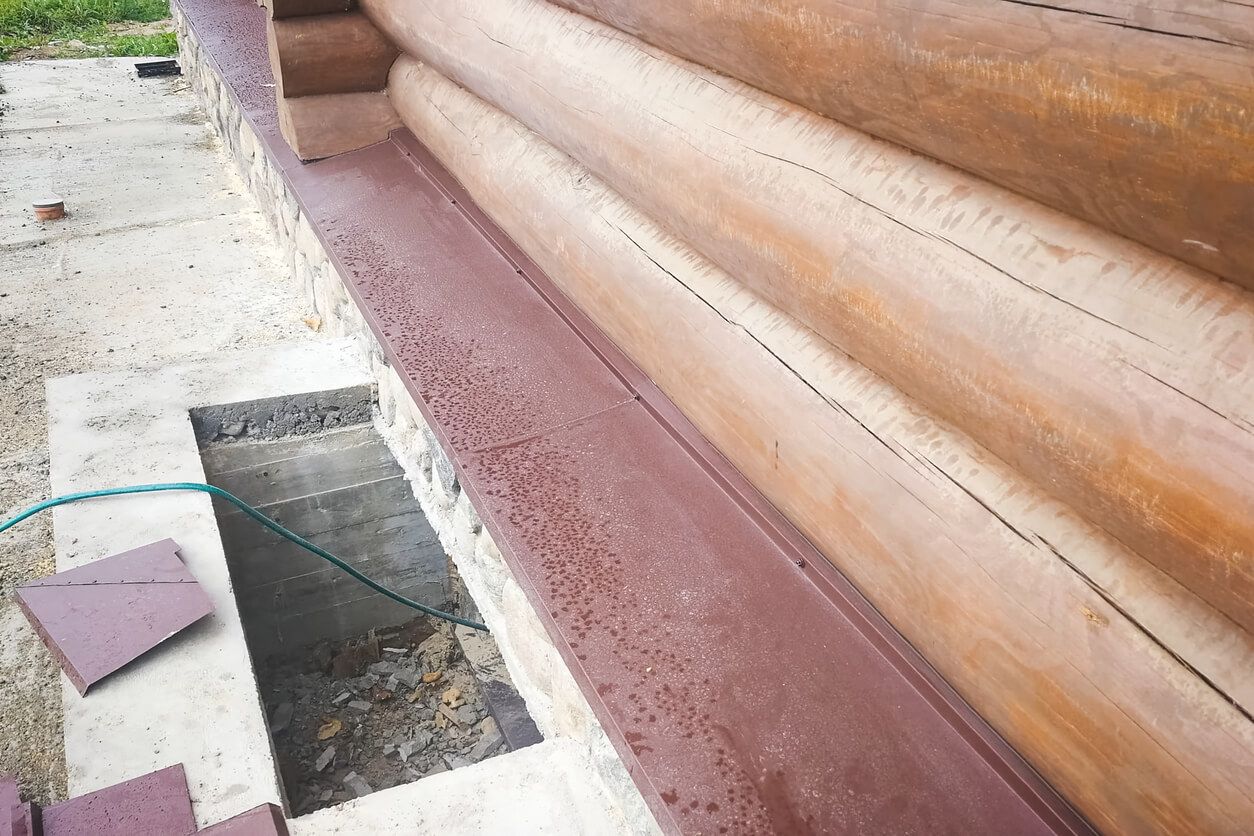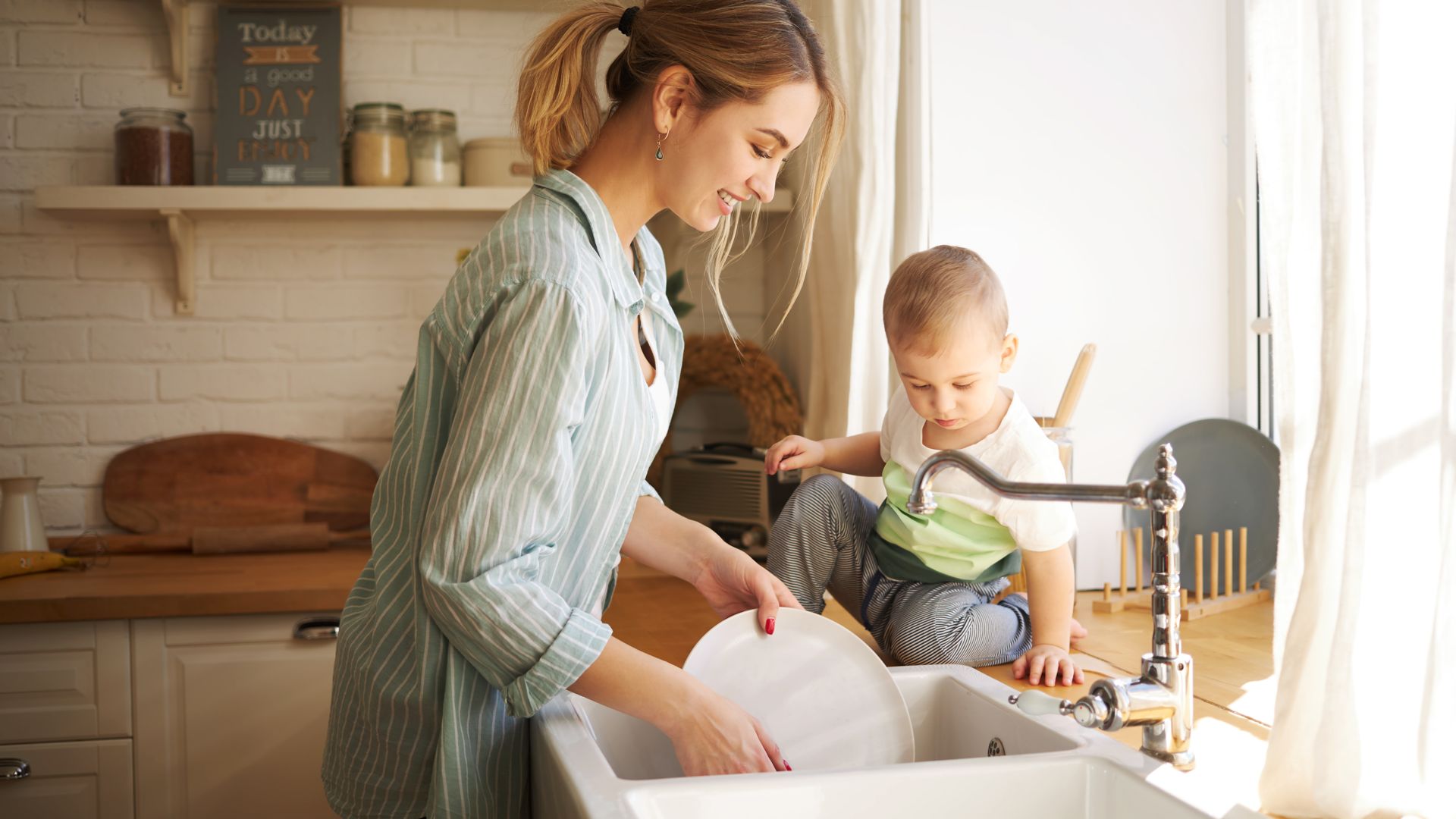Owning a home comes with a lot of benefits and privileges, but there are constant maintenance needs as well. One of the responsibilities of a homeowner is ensuring that the home’s structure is durable, protected, and uncompromised by unexpected accidents. One such accident that is common is slab leaks. But how do you identify a slab leak?
Like any structure, the home is sometimes prone to damage caused by the outside elements. You will likely experience leaks, clogs, and creaks in your house from time to time, and you must know how to identify them and what to do about them.
Our Los Feliz plumbers know that visible leaks are bad enough – but invisible ones are even worse. One such leak, the slab leak, can do some pretty substantial structural damage if left undetected for too long. Here’s how to identify a slab leak, and what to do about it once you find it.

What Is A Slab Leak?
A slab leak refers to a plumbing leak that occurs under the concrete slab at the bottom of your house. In most modern homes, the concrete slab is poured under the plumbing pipes to serve as the foundation of your home. This concrete slab is solid and supports the entire weight of the building.
Sometimes, a plumbing leak can occur in this area, causing water to leak underneath this concrete slab. As the leak gets worse, the entire foundation of your home gets compromised. This is why it’s important to get in touch with your plumbing pros as soon as you suspect this kind of leak.
Slab leaks are relatively common, especially in places like California where earthquakes often shake up home foundations.
What Causes A Slab Leak
The leading causes of slab leaks include:
- Corrosion in the galvanized pipe metals due to the pipes coming in contact with other metals through the soil.
- Too much pressure being placed on the underground pipes, making them crack, expand, or shrink, causing a leakage.
- Abrasion due to pipes rubbing against another hard surface and wearing a hole into the piping.
Depending on the severity and cause of the leak, homeowner’s insurance likely covers the damage, according to Esurance.
Identify A Slab Leak: Signs To Look Out For
How can you tell if your house has a slab leak? Be on the lookout for these signs:
- Puddles on the side of your home, mostly on the outside, from which there is seemingly no origin.
- Mold and mildew that grows from under the carpets might be coming from an underground slab leak.
- The sound of running water under your home, when you know no other faucets are on.
- An unusual amount of heat coming up from a part of your floor.
- A spinning indicator on your water meter showing you high amounts of water usage.
If you have noticed one or more of the above signs in your own home, there’s no time to waste. Get in touch with a professional for emergency plumbing service as soon as you can, or else the costs can run way too high. Not only that, but you risk ruining the structure of your house.
How To Repair A Slab Leak
If you’ve got a slab leak to deal with, there are several ways to approach the issue. After consulting with your local trusted plumbing experts, you can decide which repair option would work best for the nature of your leak.
In some cases, the damaged pipe may need to be rerouted, so it stops leaking water. In more severe cases, the house may need new repiping altogether. Hopefully, you will just be able to get the damaged section repaired without having to front any high reconstruction costs.
Fix Your Leaks ASAP!
Call your local plumber at the very first sign of a leak. If you are worried about a slab leak, or you have more questions about the piping of your home, our Nautilus Plumbing experts are here to help. You can contact us online or give us a call at 323-629-4627 for emergency plumbing needs.
